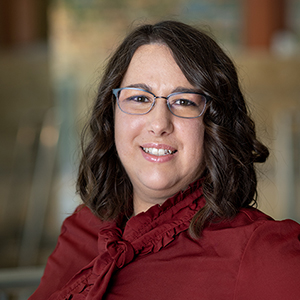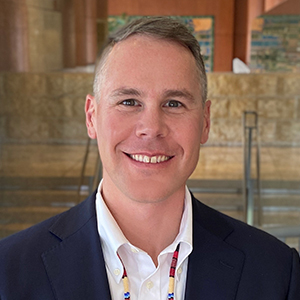- Full event video(video)
On July 17, the Center for Indian Country Development (CICD) hosted Economic Impact Beyond Tribal Economies, a virtual event exploring the local economic impacts of the two largest and fastest-growing sources of revenue for Native communities: gaming and federal contracting.
Tribally owned casinos generate substantial revenue, which is often reinvested into the community. But little is known about their impact on their surrounding economies. Recent research by CICD shows how tribally owned casinos affect nearby businesses.
Federal contracting is a rapidly expanding source of revenue for tribes and Alaska Native Corporations (ANCs) and a sustainable source of income for Native Hawaiian Organizations (NHOs). Recent CICD research finds that tribal enterprises, ANCs, and NHOs—collectively known as Native-entity enterprises—regularly subcontract to non-Native small businesses.
In this webinar, CICD researchers presented their findings on how gaming and federal contracting impact local businesses and economies. Guest panelists underscored how Native-entity enterprises enhance economic diversification, foster entrepreneurship, and strengthen economic infrastructure across various local economies in and outside of Indian Country. Participants heard from this dynamic line-up, asked questions, and explored the lessons Native entities have learned as they continue to pursue viable and sustainable revenue-development opportunities.
Speakers:
- Randall Akee, Chair, American Indian Studies Interdepartmental Program; and Associate Professor, Department of Public Policy; UCLA
- Jacqui Baldwin-LeClair, Policy Analyst, CICD, Federal Reserve Bank of Minneapolis
- Elliot Charette, Senior Research Assistant, CICD, Federal Reserve Bank of Minneapolis
- Casey Lozar, Vice President and Director, CICD, Federal Reserve Bank of Minneapolis
- Tralynna Sherrill Scott, Chief Economist, Cherokee Nation Businesses






